Search
Did you mean: Hebe?
Search Results
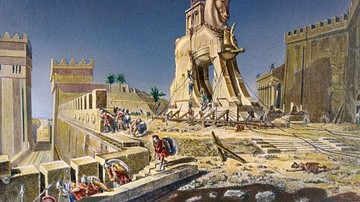
Definition
Troy
Troy is the name of the Bronze Age city attacked in the Trojan War, a popular story in the mythology of ancient Greece, and the name given to the archaeological site in the north-west of Asia Minor (now Turkey) which has revealed a large...
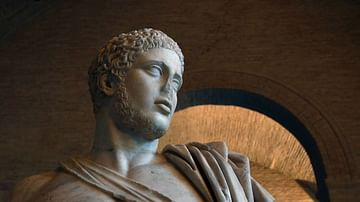
Definition
Diomedes
Diomedes is the king of Argos and a hero in Greek mythology. He was one of the leading warriors in the Trojan War, with the reputation of being gifted and strong in combat. He contributed 80 ships to the Greek forces in the Trojan War and...
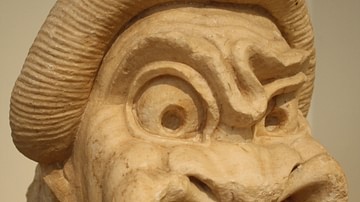
Article
The Plays of Cratinus
Cratinus was a highly successful writer of Attic Old Comedy, but the very fragmentary nature of his surviving plays means that he is not as well remembered as Aristophanes (eleven of whose plays come down to us intact). Despite this, it is...
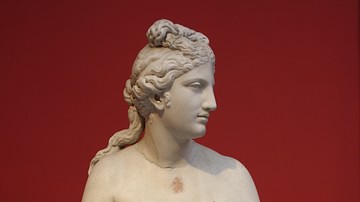
Definition
Aphrodite
Aphrodite was the ancient Greek goddess of love, beauty, desire, and all aspects of sexuality. She could entice both gods and men into illicit affairs with her beauty and whispered sweet nothings. Aphrodite was born near Cyprus from the severed...

Definition
Iliad
Homer's Iliad describes the final year of the Trojan War, a legendary conflict between an alliance of Greek cities and the city of Troy in Anatolia. It was probably written in the 8th century BCE after a long oral tradition. The Greeks themselves...

Article
The Gilded Age Estates of Staatsburg, New York
The great estates of the Gilded Age were more than lavish displays of wealth for the American aristocracy c. 1870-1917, they supported the economy of the local communities and encouraged development. As they declined, many of the surrounding...
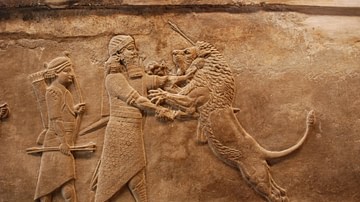
Definition
Mesopotamia
Mesopotamia (from the Greek, meaning 'between two rivers') was an ancient region located in the eastern Mediterranean bounded in the northeast by the Zagros Mountains and in the southeast by the Arabian Plateau, corresponding to modern-day...
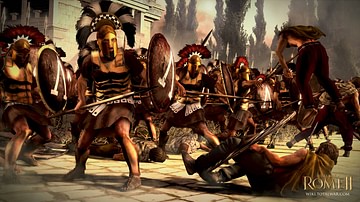
Definition
Sparta
Sparta was one of the most important city-states in ancient Greece and was famous for its military prowess. The professional and well-trained Spartan hoplites with their distinctive red cloaks and long hair were probably the best and most...
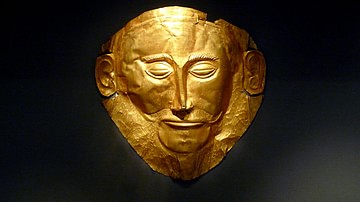
Definition
Agamemnon (Person)
Agamemnon was the legendary king of Mycenae and leader of the Greek army in the Trojan War of Homer's Illiad. Agamemnon is a great warrior but also a selfish ruler who famously upset his invincible champion Achilles, a feud that prolonged...

Definition
Andromache
Andromache is a Greek tragedy written by Euripides (c. 484-407 BCE), one of only 19 plays (out of 92) to survive. The play is actually in two parts, and like Sophocles' Women of Trachis, it has no central character. The first part of the...